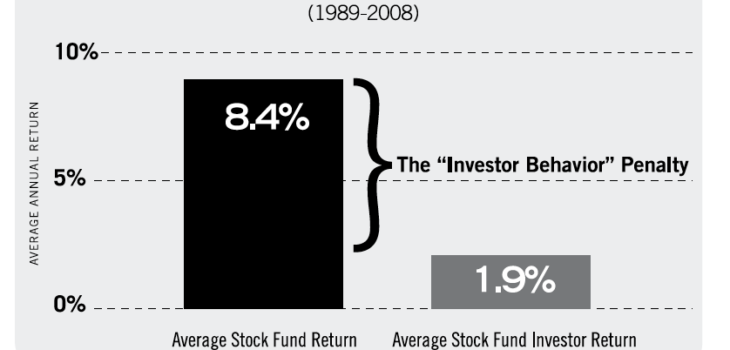 Business
Business
Should a doctor invest in stocks or his/her own…
I have met some doctors recently with insightful conversations.
There was this doctor who was proud to mention he made 10% on his
investments on a long term basis. It worked out to be about $10,000 from his principal of $100,000 put aside for stocks.
And that would include the emotional swings in the
company stock prices and decisions to make, which he shared that it took time to track and monitor
which sometimes gave him a “heart attack” especially in 2018.
Based on his overall portfolio of cash around $500,000, if you do a total
portfolio calculation, it would actually work out to be less than 2%!
I gave him 2 suggestions..
1) Invest time into his practice. By focusing on career, he could easily have generated more than $10,000 over the years.
2) Pay someone to create a CORE portfolio with a worldwide objective,
constantly managed and rebalanced to keep your risks in check. This
eliminates risks of specific companies and markets and with a diversified
portfolio, with less volatility and reasonable returns which easily can be
more than $10,000. And this offers a peace of mind which moves the
portfolio within a range of comfort for the individual.








